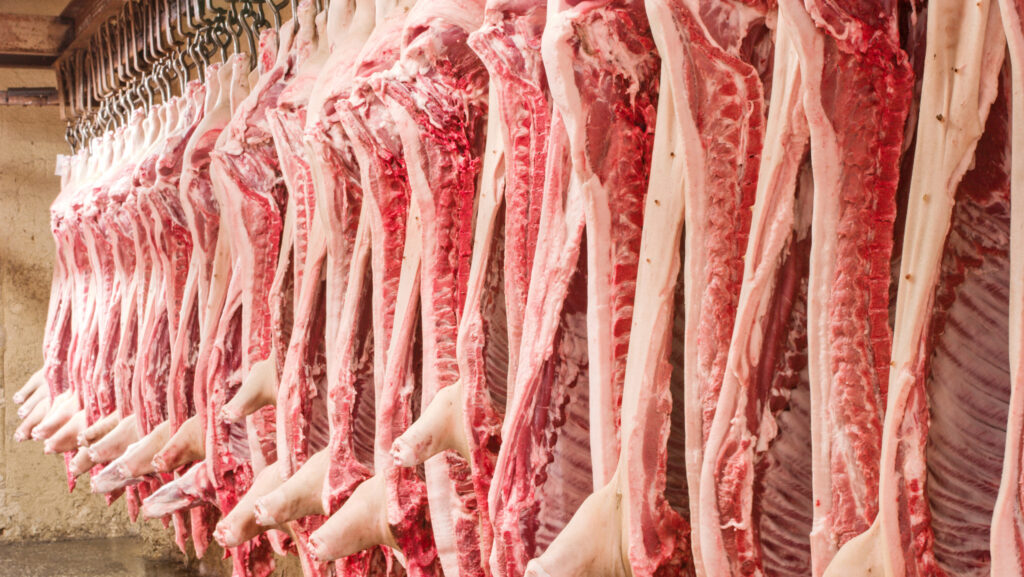Opinion: Small abattoirs at risk from higher vet charges
 © Adobe Stock
© Adobe Stock Small abattoirs are facing a set of very challenging conditions and sadly, closures continue.
However, the past two years have also seen important progress in the effort to reverse the small abattoir network’s decline.
The previous Conservative government not only recognised the value of these facilities at the heart of the rural economy, but also committed substantial funding to their future through the £4m Smaller Abattoir Fund.
See also: Small abattoirs – how farmers are fighting for their future
About the author

Christopher Price is the chief executive of the Rare Breeds Survival Trust.
A robust and resilient local abattoir network, capable of processing small numbers of different species and breeds, is vital for the sustainable livestock sector, for the supply of local meat, for supporting the recovery of rare breeds, and for animal welfare.
Small abattoirs have also proven their importance to food security resilience during the Covid crisis, when larger processors could not operate.
Early signs from the new Defra ministerial team following last year’s general election were initially positive, suggesting a will to work collaboratively with the sector and its users.
But a recent Food Standards Agency (FSA) consultation puts all this at risk.
Last September, the FSA issued a “call to evidence” in relation to its charging structure for official controls in abattoirs, where official veterinarians and meat hygiene inspectors check every animal and carcass to ensure compliance.
Charges are currently discounted according to the number of hours required, so that smaller abattoir businesses pay less.
This discount levels the playing field and allows small abattoirs to survive.
When ministers gave FSA permission to use a time-based charging system, they stipulated that abattoirs should not pay more than the headage rates published in the regulations.
Ignoring that stipulation, or reducing/removing the discount, would likely lead to more abattoir closures and, for those able to continue operating, an increase in costs for farmers using their services.
Defra ministers must ensure the discount is not reduced or removed.
A wider review of the current inspection system is certainly needed. The role of the official veterinarians should be looked at, to see if some tasks might be delegated to other officials.
And the so-called “5% rule”, which allows government to implement a lighter touch to the regulation of smaller abattoirs, should be adopted.
Finance is also an issue. With very small profit margins, securing loans or finding funds for inward investment has been next to impossible for many small abattoirs.
The Smaller Abattoir Fund capital investment grants were intended to address the problem.
The structure of the fund limited how many abattoirs have been able to make use of it in practice, but it has created an important platform upon which to build further support.
The then government recognised the problem and took steps to try and address it. The new government needs to continue that approach.
Farmers and smallholders have a vital role to play too. According to the AHDB, there were just 49 small red meat abattoirs in England in 2023.
At least four have closed since. It is only by using small abattoirs now that we will have any choice to use them in the future.
The financial sustainability of the sector is an ongoing consideration that needs long-term solutions from both government and the sector itself.
But right now it is crucial that Defra ministers avert the immediate – and potentially devastating – pressure of any significant increase in FSA charges.
